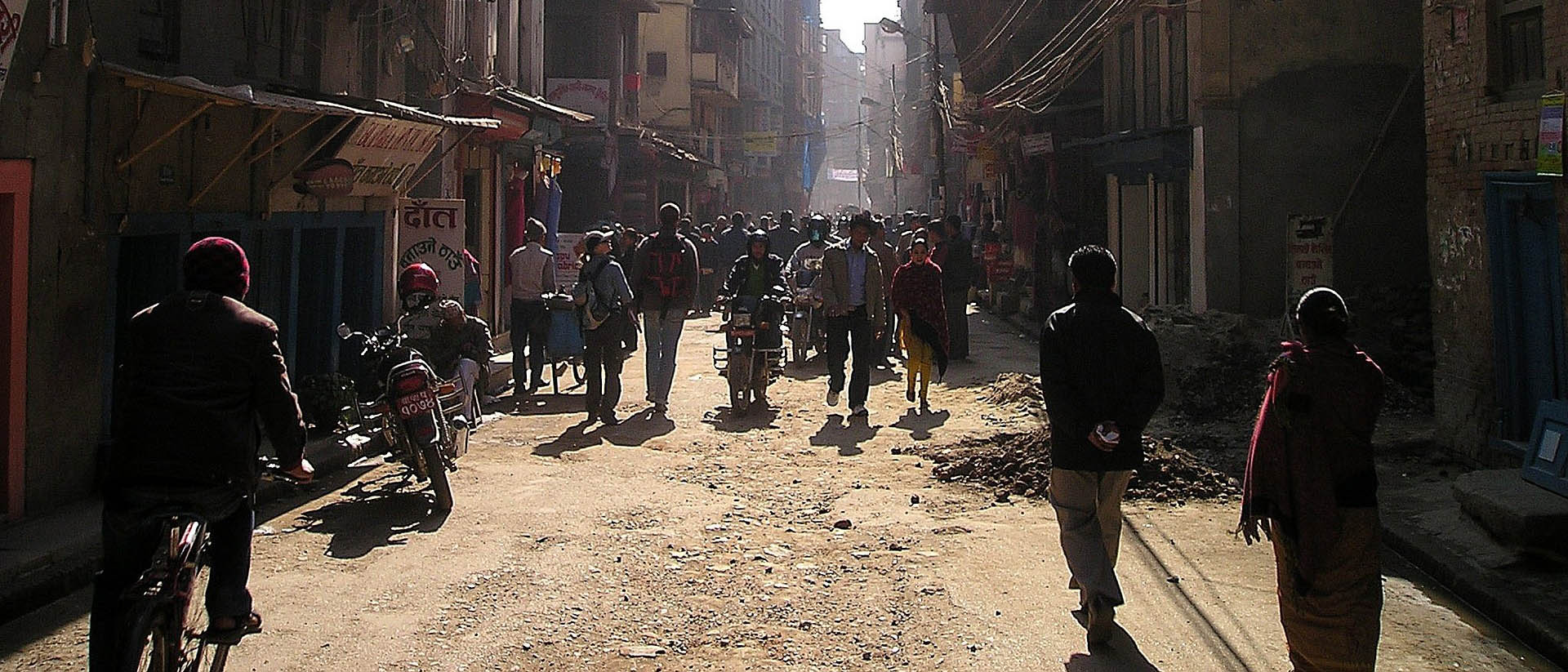
Photo by Pixabay.
Name of the Asset | Urban Externalities in the Small Developing Countries of Asia and Latin America: A Comparative Case Study Analysis of Squatter Settlements in Nepal (Kathmandu) and Ecuador (Quito)
Type of Asset | Working Paper
Date | July 2013
Summary
Urban squatter settlements contribute to economic growth, but what are their costs to society? The primary objective of this study is to quantify the negative externalities of squatter settlements in Nepal and Ecuador in terms of incidence, intensity, and household costs.
The study uses Contingent Valuation (CV) to provide insight on the cost of the externalities which squatters have been bearing, and informs policy makers, local government, local community and civil society about the benefits of improvements made in the squatter settlements, through education and better management of community resources such as water and sanitation.
Almost 91 % of residents in Kathmandu – where conditions are worse – and 52 % in Quito were found to be interested in contributing towards making neighborhood improvements. The total societal benefits of such improvements were estimated to be over US$ 16 million for Kathmandu and about US$ 1,410 million in Quito. This implies the formulation of socially inclusive policymaking, including measures for regularization and the progressive upgradation of settlements.
Authors | Shiva Raj Adhikari, Vanessa Pinto and Damodar Regmi
Country and/or Region | Ecuador and Nepal
Name of the Program | Urbanization and Development: Delving Deeper into the Nexus
Funder(s) | Institutional Capacity Strengthening Fund (ICSF) of the Inter-American Development Bank (IDB) as part of the IDB Initiative on Strengthening Policy Links between Latin America and Asia, and thanks to the contribution of the Government of the People’s Republic of China
Download the Full Study here
If you cite this resource, please notify communications@gdn.int with the subject line 'GDN citation'.
